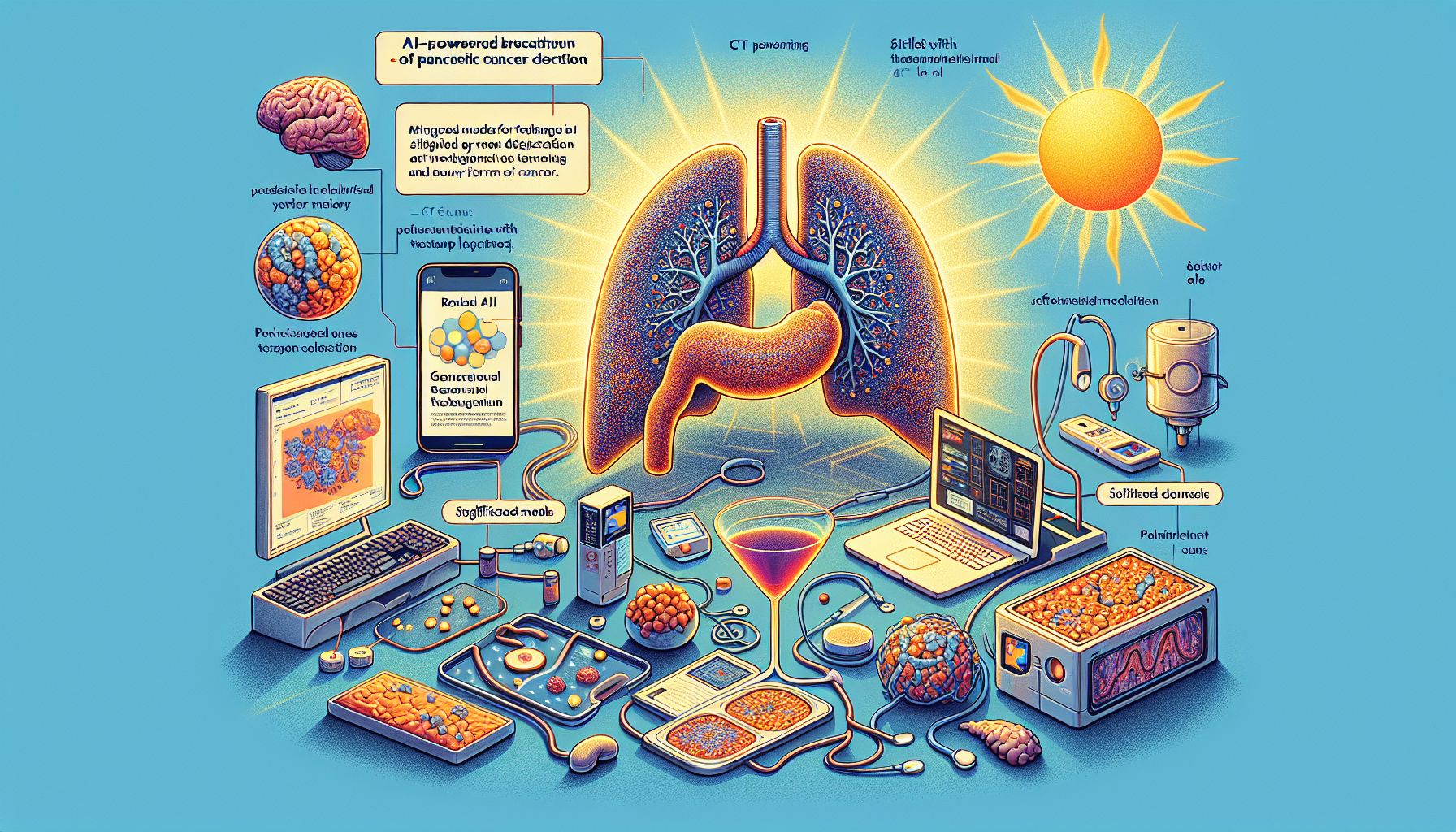AI Breakthrough in Pancreatic Cancer Detection at TU Eindhoven

Eindhoven, Wednesday, 18 September 2024.
Researchers at TU Eindhoven have developed an AI-powered system for early detection and treatment planning of pancreatic cancer. The technology integrates deep learning models with CT scans to locate tumors and assess their involvement with surrounding tissues. This advancement aims to support doctors in making more accurate diagnoses and treatment decisions, potentially improving outcomes for one of the deadliest forms of cancer.
The ACACIA Project: A Collaborative Effort
The AI-powered system is part of the ACACIA project, which operates under the Eindhoven Artificial Intelligence Systems Institute (EAISI). The project is a collaborative effort involving TU Eindhoven, Catharina Hospital, Máxima Medical Center, Kempenhaeghe Epilepsy and Sleep Center, and Philips. This consortium aims to leverage AI to enhance the diagnosis and treatment of not only pancreatic cancer but also cardiovascular diseases.
Meet the Innovators
Leading the charge are Victoria Bruno, an EngD candidate in Industrial Design, and Terese Hellström, a PhD candidate in Electrical Engineering. Hellström has been involved in the project since 2021, while Bruno joined in 2023. Both researchers bring a personal commitment to the project, driven by their own experiences with the disease.
How the Technology Works
Hellström’s work focuses on developing deep learning models that analyze CT scan images to locate tumors and assess their relationship with surrounding blood vessels and tissues. This information is crucial for devising effective treatment plans. Bruno emphasizes that the system is designed to integrate seamlessly into clinical workflows, allowing doctors to make their initial assessments before consulting the AI’s findings. This approach aims to build trust in the technology among physicians.
Benefits and Future Prospects
The AI system promises to speed up and streamline the diagnostic process, enabling doctors to spend more time on patient care. Clinical trials are planned for the next year to test the technology on a larger scale in hospital settings. The ultimate goal is to create a modular system that can assist in detecting various types of cancer, thereby broadening its impact.
A Personal Mission
For Bruno, the project is more than just a scientific endeavor; it’s a mission to make a tangible difference for patients and their families. ‘For me, it is not only a scientific project but also a mission to make a difference for patients and their families,’ she says, highlighting the emotional and personal stakes involved.

